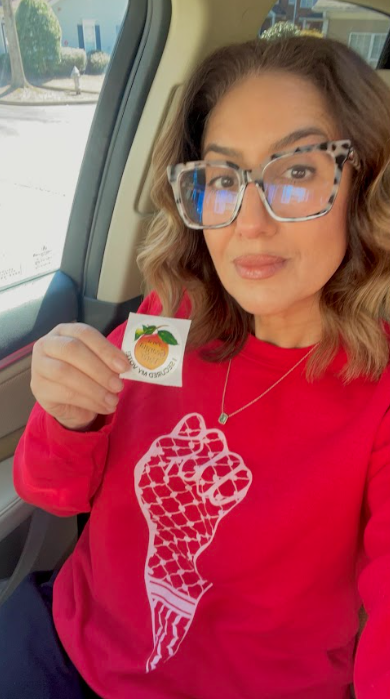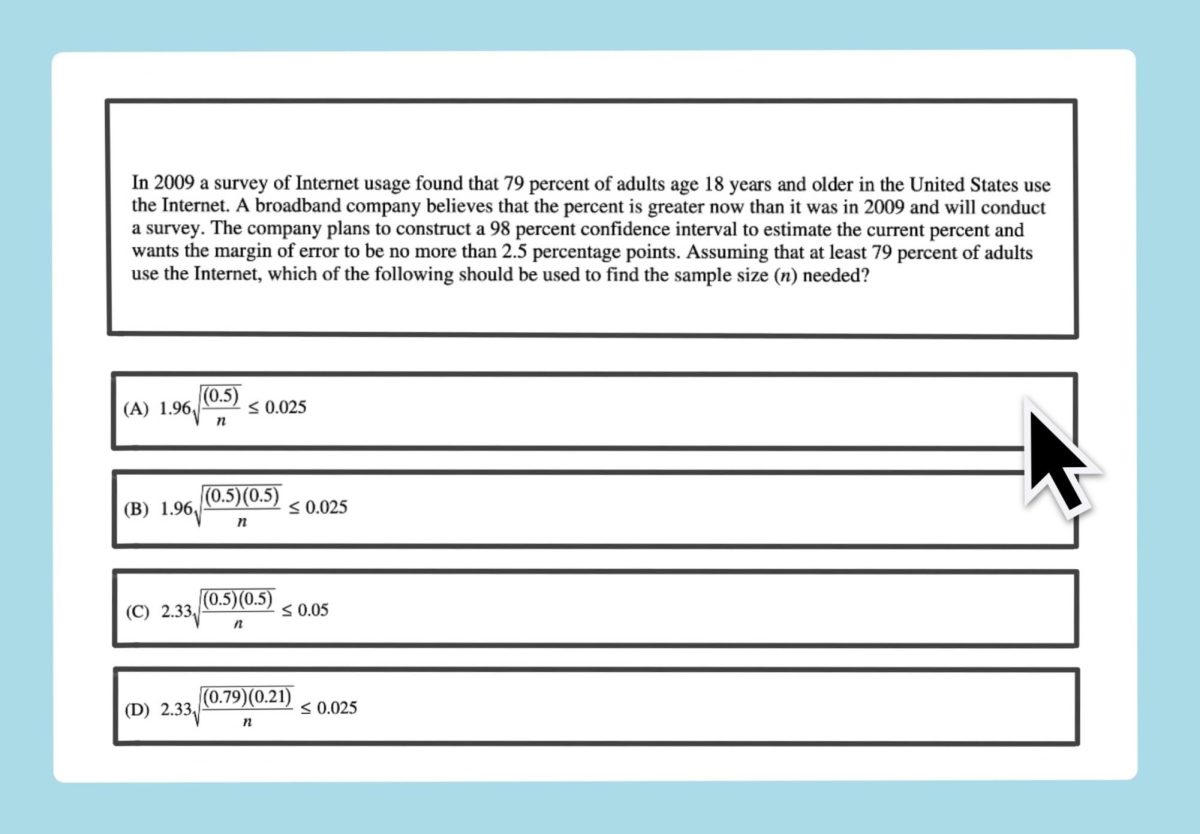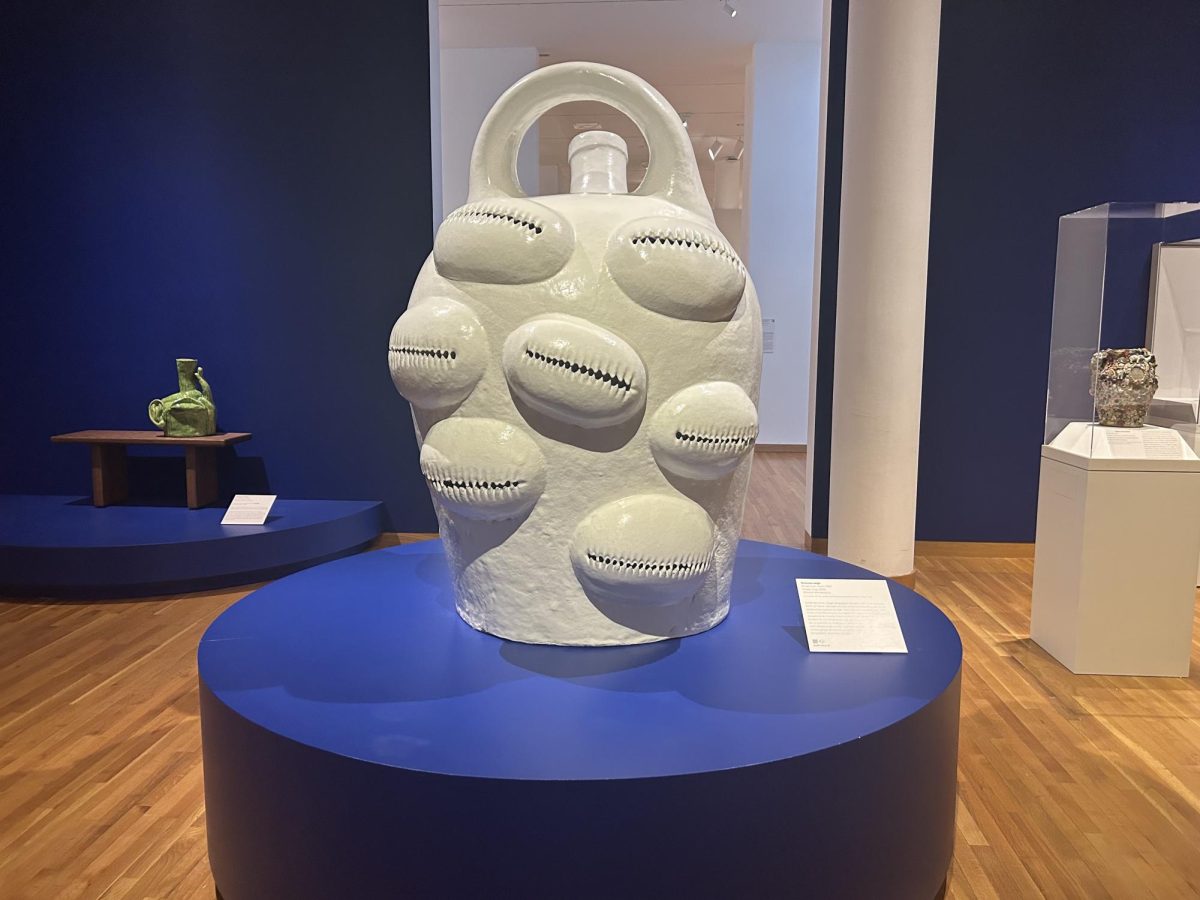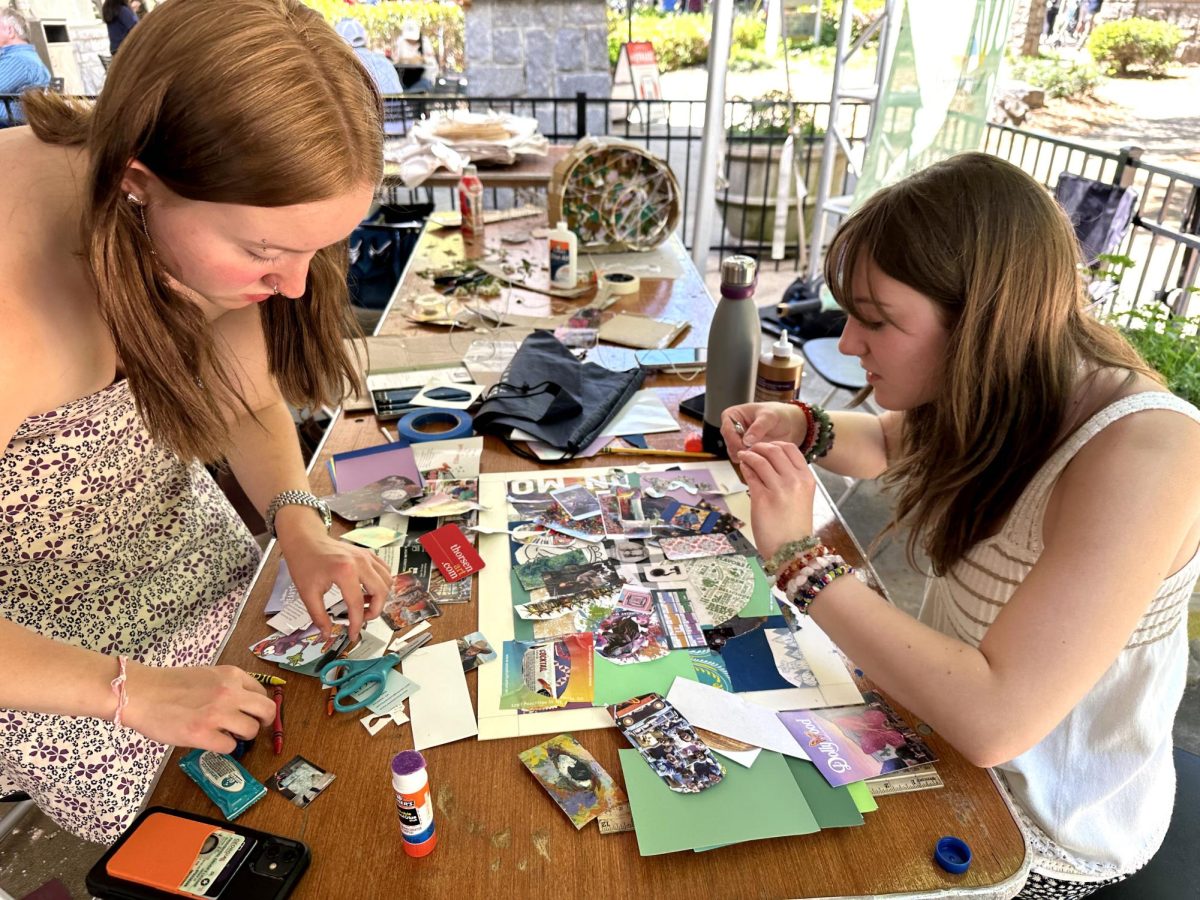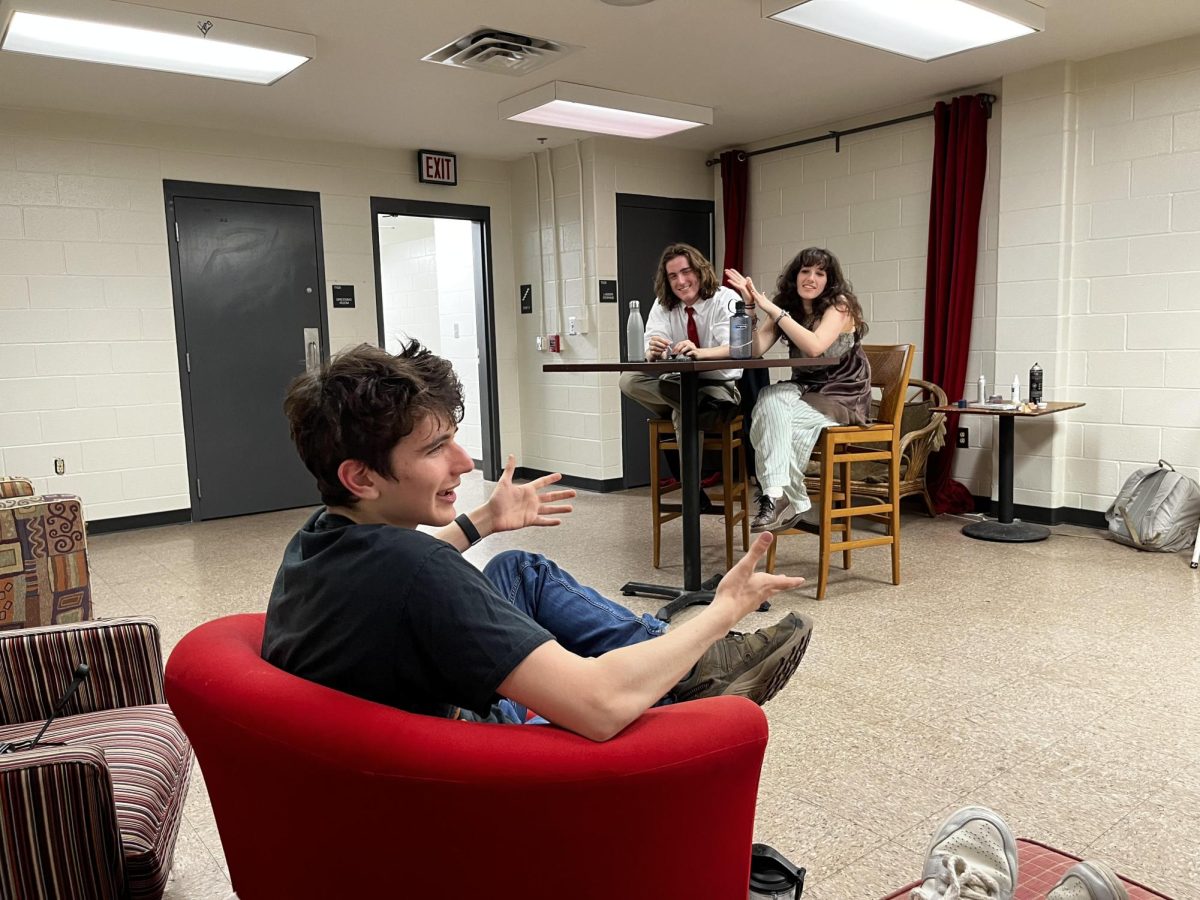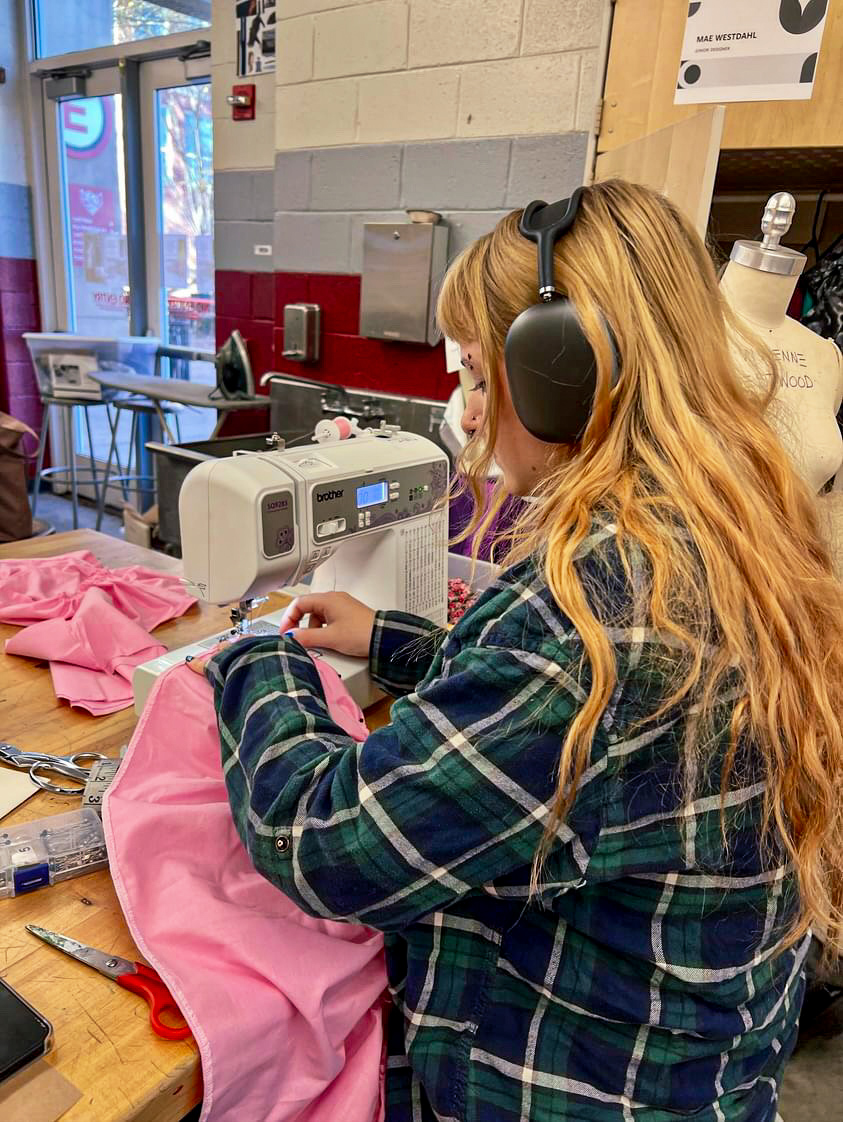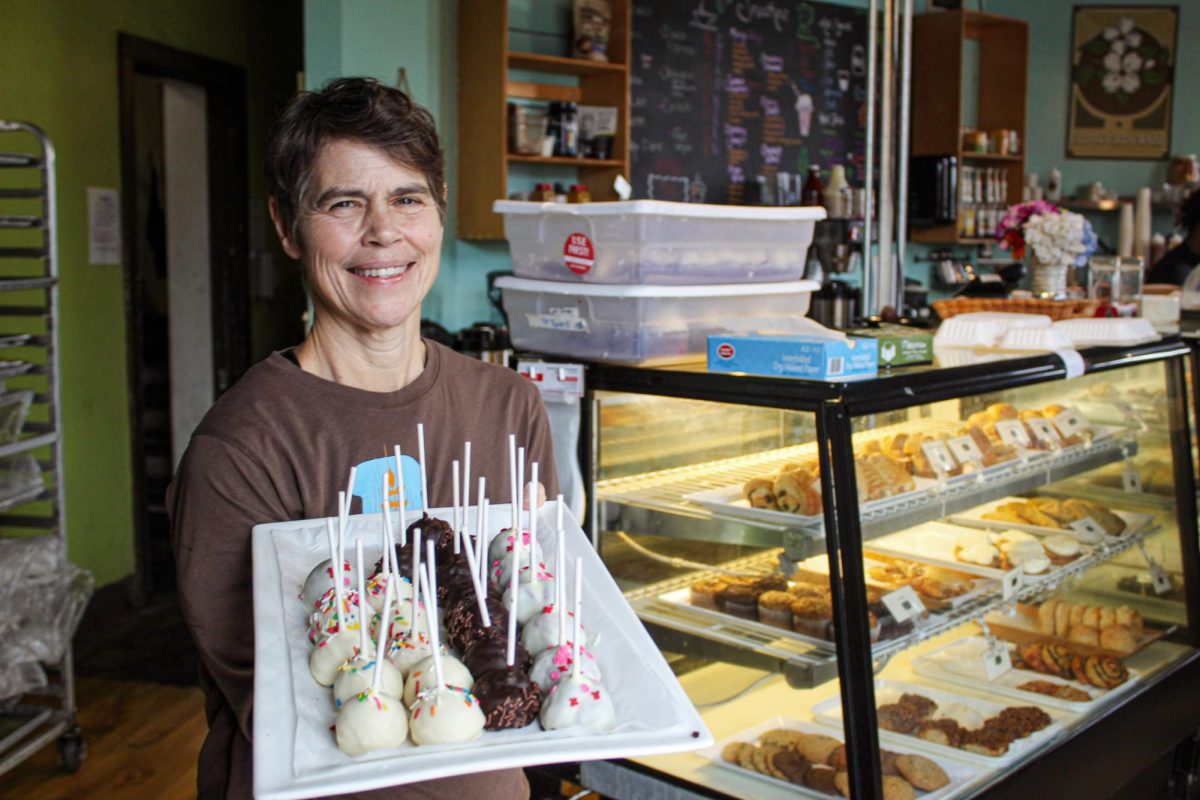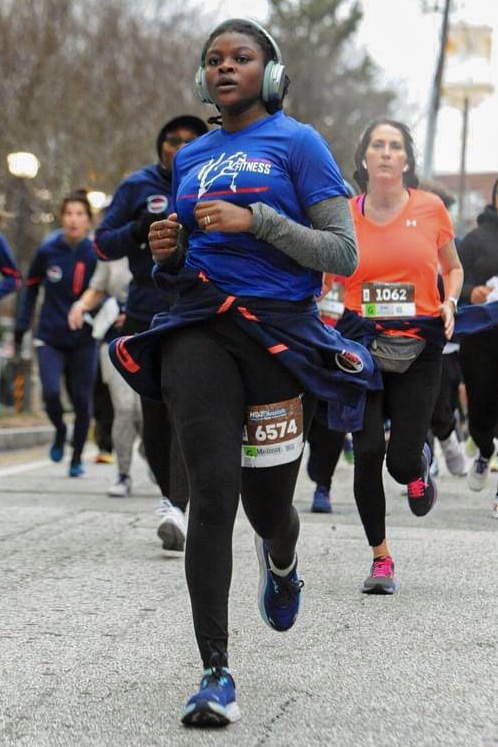
As a young girl growing up during the Second World War, Phyllis Arnold went out to the farms to do the jobs of the men who were fighting. The 7-year-old collected tin foil on the street and sold bonds for the war effort, and the sound of the radio filled her home every day.
By the time she started high school, however, the war had ended, and Arnold was determined to excel. It didn’t matter that she was female and Jewish. She simply knew she would get a good education. As luck would have it, Grady High School was created that year, and Arnold became a part of the first graduating class that attended all five grades taught at the school.
In 1947, a massive redistricting took place in Atlanta, and one of Georgia’s most prominent schools, Boys High School, ceased to exist. It was replaced with Grady High School, the first co-ed public high school in downtown Atlanta.
“Boys High was like no other, but I think Grady offered in that day as good an education as could be gotten in the city of Atlanta,” Arnold said.
Arnold, now 79, still lives in Atlanta. Her mother moved from the small Jewish community of Brest-litovsk, Poland before she was born.
Arnold’s house was dark when I arrived, and because it was the Sabbath, she wore all black. She greeted me cheerfully at the door, and upon the mention of Grady High School, her eyes lit up even more, as if she couldn’t wait to share the stories and adventures from her time as a student on the campus.
She described Grady as a utopia, relating stories of her “absolutely fabulous” time there. But while Phyllis often described Grady as a prep school, the aspect of Grady that she deemed most important was its diversity. She explained that while there was a lot of religious tolerance for her Jewish heritage, there was not quite as much diversity as there is now.
“There was a lot of diversity even then, and I can’t ever remember in my experience people not accepting all kinds of other people,” Arnold said. “We were Jewish. We were Christian. There were a lot of Greeks! See, now my granddaughters go to school with girls who wear the burka. That’s a lot more diversity than we had in the day, but we were still very accepting of each other.”
Making Grady High a co-ed school was a big step forward for the feminist movement in Atlanta and gender equality within the state’s education as a whole, but Arnold said racial integration wasn’t yet on people’s minds.
“I just … I don’t think we had any awareness of [racial segregation] at the time,” Arnold said.
Arnold attributed much of Grady’s early success to its teachers, many of whom taught at Boys High School. Still, while Grady performed just as well as its single-gender predecessor, Arnold was quick to point out how dramatically the social aspect had changed when girls were first introduced to the school halls.
“I think [the boys] had a hard time getting used to us at Grady,” Arnold said. “Well, I mean, it changed for them because you have your distractions when there are females in the mix, and I think you temper your language. Of course, there were high school romances, and all of that stuff really matters when you’re living it.”
Arnold, however, recalls that the male students weren’t the ones who had the hardest time adjusting. She said it was a few of the teachers that gave the girls the most trouble. Looking through Arnold’s 1952 edition of the Orator, the school yearbook, we found a picture that brought memories rushing back to her.
“This guy, he was also the football coach, and I had geometry with him,” Arnold said. “But I’m telling you, he did not like the girls being in that class. He was a tough guy, real tough. Now, I don’t know why he would be so dismissive of the girls, but pick a typical hard-nosed coach. That’s what he was. I mean, he knew his geometry. I just don’t know. Maybe it was because I wasn’t very good at it.”
That’s not to say other teachers weren’t more accepting of the girls. In fact, Arnold said the teachers held them to the same standard of achievement as the boys, and in some cases, they were held to an even higher standard. As in any high school today, some teachers were mean, some were indifferent and others were genuinely kind.
“I think this guy, Mr. King, might have been my best teacher,” Arnold said. “He taught me, personally, how to write, and some of the girls would come to class knitting. You see, the fad in that day was to make argyle socks for your boyfriend, so that’s what they would come to class to do. He was a marvelous teacher. He really was. He didn’t stop teaching just because they were knitting. He let it go.”
Arnold was proud of her time at Grady, and as we talked, she seemed most proud of her classes and the teachers that taught them.
“Golly, I still remember my first Shakespeare class with the English teacher, Mr. Kelly,” Arnold said. “See, Mr. Kelly was in a wheelchair because he had a progressive debilitating disease. He taught many years, but when he had to quit speaking, he went to a nursing home. He had no family, but all his classes went to visit him when he was sick, he was so beloved.”
Then there were classes in the rooms she called “the portables.” Today, we call them instructional suites or trailers, but their longstanding presence on the campus proves that overcrowding was just as big an issue in 1947 as it is now. There was a potbelly stove in the middle of each portable for heating, and they were set up at the outskirts of campus.
Because she was a “first year” (eighth grade) when Grady was created, it was not uncommon for Arnold to spend most of her time outside in the portables. She didn’t mind much because, as is the case today, there were always promises that the trailers would be removed the next year.
“Mr. Davis taught Latin in the portables, and on the first day of class, he said, ‘If I pass out, just go get me some sugar,’” Arnold said. “He was a diabetic, and they didn’t have the medical knowledge we have today. But he was prone to pass out, so he always had some OJ or maybe a Coca-Cola. Anyway, that was the first thing he taught us, you know. ‘Don’t worry. Don’t get scared!’”
But classes weren’t all that occupied Arnold’s mind. She remembers being at the stadium on Friday nights, cheering on the people with whom she had classes and hanging out with her girlfriends.
“We had the clubs you probably still have now and some of the service groups, like Latin Club, Drama Club, Beta Club, National Honors,” she said. “All the girls would belong to at least one or two things because, well, that was a big deal.”
Since graduating from Grady, alumni from that first class have met every few years to reminisce. Working with graduates from Boys High, they raised enough money for the arch that spans the entrance to the Grady parking lot.
Many from the original group have disappeared or lost touch, but 13 alumni from the reunion committee still meet. She didn’t know all of them at Grady, but even though they weren’t close in high school, Grady provided the alumni with a connection that allowed them to become good friends nearly five decades later.
“I don’t think we had seen the likes of Grady,” she said. “But it’s still phenomenal. What I see now is that the school is giving you tremendous opportunities to express yourselves. You’re a wonderful group, and I think you’ll look back on it the same way we did … as a golden opportunity and a golden time.”

